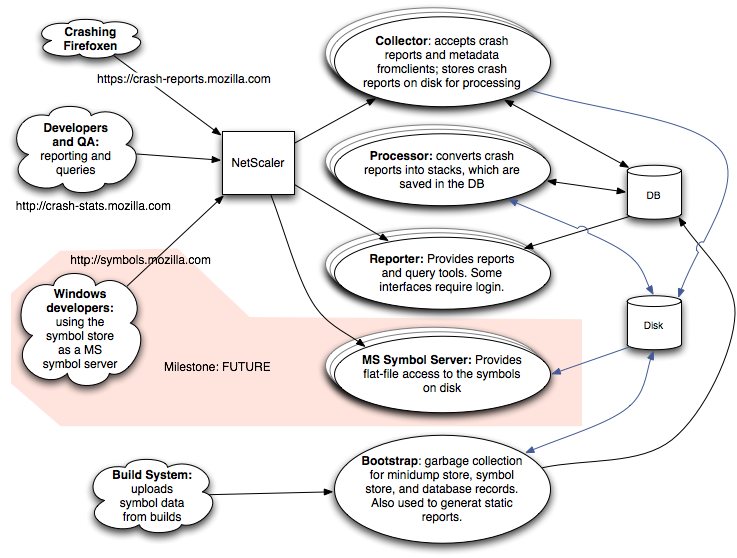My people, My people what have I done to you, how have I offended you answer me!
I led you out of Egypt from slavery to freedom, but you have led your Savior, and nailed Him to a cross.
Hagios OTheos, Hagios ichyros,
Hagios athanatos eleison himas.
Holy is God, Holy and Strong,
Holy Immortal One, have mercy on us.
For forty years in safety, I led you through the desert, I fed you with my manna, I gave you your own land, but you have led your Savior, and nailed Him to a Cross.
Hagios O Theos, Hagios ichyros,
Hagios athanatos eleison himas.
Holy is God, Holy and Strong,
Holy Immortal One, have mercy on us.
O what more would you ask from me? I planted you, my vineyard, but sour grapes you gave me, and vinegar to drink, and you have pierced your Savior and pierced Him with a spear.
Hagios O Theos, Hagios ichyros,
Hagios athanatos eleison himas.
Holy is God, Holy and Strong,
Holy Immortal One, have mercy on us.
For you scourged your captors, their first born sons were taken, but you have taken scourges and brought them down on Me.
My people, My people what have I done to you, how have I offended you? Answer me!
From slavery to freedom I led you, drowned your captors. But I am taken captive and handed to your priests.
My people, My people what have I done to you, how have I offended you? Answer me!
Your path lay through the waters, I opened them before you, my side you have laid open and bared it with a spear.
My people, My people what have I done to you, how have I offended you? Answer me!
I led you, held securely, My fire and cloud before you, but you have led your Savior, hands bound to Pilate’s court.
My people, My people what have I done to you, how have I offended you? Answer me!
I bore you up with manna, you bore me down and scourged me. I gave you saving water, but you gave me soured wine.
My people, My people what have I done to you, how have I offended you? Answer me!
The kings who reigned in Canaan, I struck way before you. But you have struck my crowned head, and struck it with a reed.
My people, My people what have I done to you, how have I offended you? Answer me!
I gave you a royal scepter but you gave me a thorn crown. I raised you up in power, but you raised me on the Cross.
Hagios OTheos, Hagios ichyros,
Hagios athanatos eleison himas.
Holy is God, Holy and Strong,
Holy Immortal One, have mercy on us.


